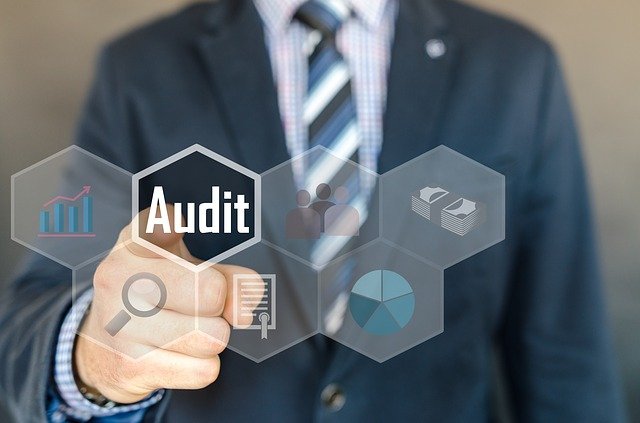Tax time is right around the corner and if you haven’t already filed your taxes, now is the time
to get your paperwork in order and get the deed done. No one enjoys filing their taxes, but
waiting until the last minute opens the door to mistakes and the potential for missed deadlines.
You’re going to need a variety of documents, depending on your filing status. The following are
just some of the most common forms that may apply.
W-2s
These detail all the income you had from employers throughout the year, whether you were
employed full- or part-time.
Form 1099
If you worked in the gig economy or had side hustles, the IRS considers that as being self-
employed. That makes you subject to a higher rate of taxation. Due to third-party payment
platforms, it can be difficult to differentiate self-employed income from gifts or repayments.
Form 1099 tells the IRS how much you made via self-employment. Be sure to keep accurate
records of expenses associated with self-employment or a small business.
Form 1098
This is provided by your mortgage company if you’re a homeowner. It will tell how much
mortgage interest was paid.
Form 1099-DIV
The form is for any income or dividends received from investment distributions. That includes
stocks and bonds, along with investment or rental properties.
Form 1098-E
Report student loan interest from this form. Depending on your income, it could potentially
qualify you for a deduction of up to $2,500.
Form 5498
Contributions throughout the year to your individual retirement account are reported on this
form. The amount may be tax deductible.
Form 1095-A
It’s a statement from the Health Insurance Marketplace. You can receive a tax credit for
premiums paid, offset by healthcare costs.
Letter 6419
Anyone who received advanced child tax credits will receive a letter outlining the amount they
received.
At Peavy and Associates PC our mission is to assist you with all your tax preparations, payroll and accounting needs. We provide our clients with professional, personalized accounting services and guidance in a wide range of financial and business needs. Give us a call today (843) 347-0849 and discover why our clients return to Peavy and Associates, PC year after year!





